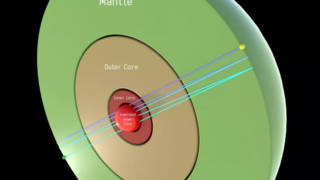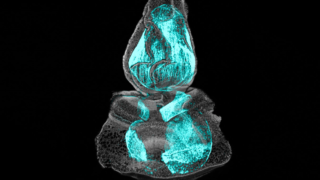
MI weekly selection #507
Quantum hair: The solution to the Hawking paradox? Researchers claim to have solved the Hawking paradox, or the conflict between quantum mechanics and the idea that black holes destroy all information about the stars that served as their creators. They suggest the radiation around black holes, also known as quantum hair, can hold onto information […]








